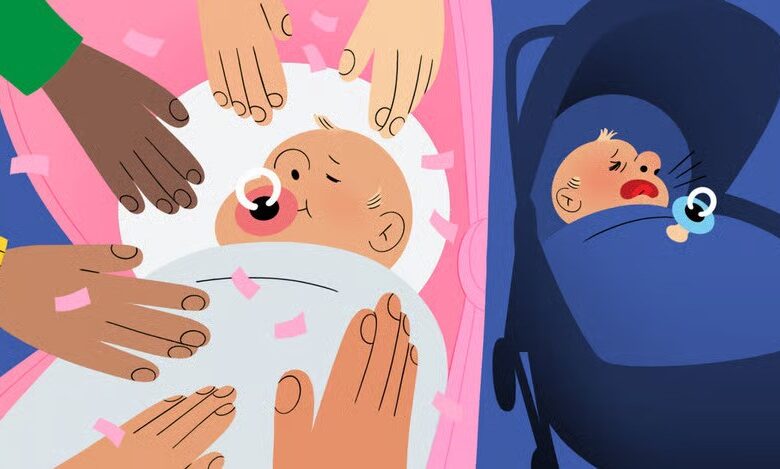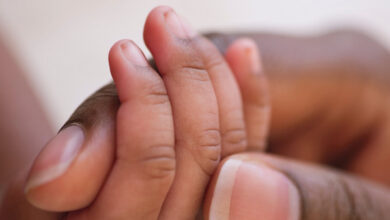
In different parts of the (mainly developed) world, parents now tend to be less likely to prefer having a son or a daughter – a massive change from tradition and culture that imposed an unfair pro-male bias.
According to a poll conducted by the Japanese National Fertility Survey, 48.5% of Japanese married couples wanting only one child preferred a daughter in 1982. In 2002, that proportion reached 75%.
In many cultures, including Chinese and Indian, boys traditionally inherit the family name and wealth. In the rich world, evidence shows an emerging preference for girls. For example, South Korean women saw their “necessity” to have a son drop from 48% to 6% between 1985 and 2003. A bias towards girls is mostly visible when parents can easily act on it, like through adoption. The greater interest in adopting girls doesn’t affect the sex ratios at birth, but it gives a good indication of where parents’ preference lies. Studies show that the Czech Republic, Lithuania, the Netherlands, and Portugal have a preference for girls. In China, thousands of sex-selective abortions of female fetuses still take place. Therefore, it is imperative to continue the fight to eradicate prejudice against girls.



